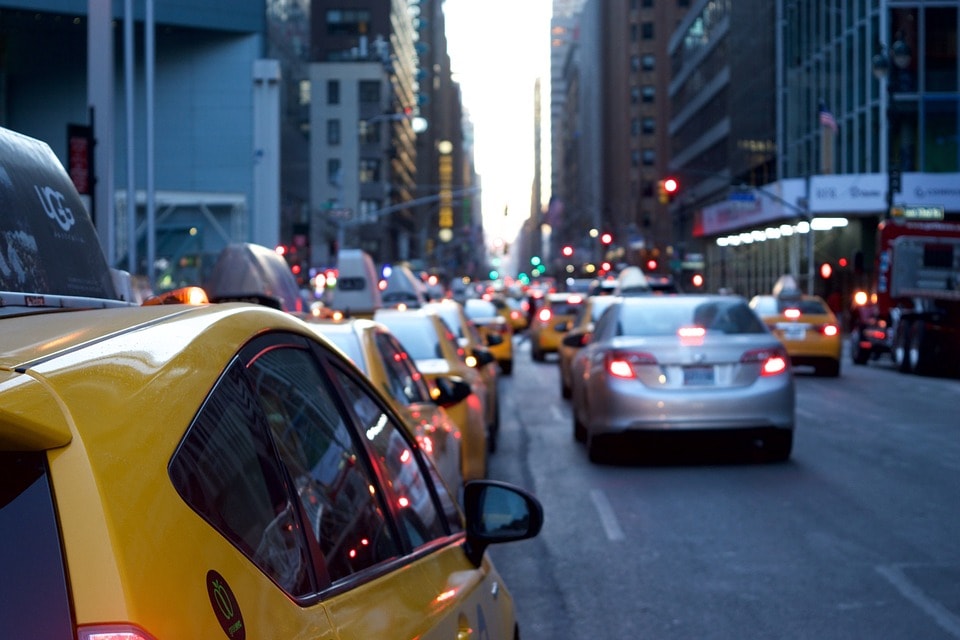
On September 2, 2015, in a case that has been closely followed by employment law attorneys throughout the country, Judge Edward M. Chen of the Northern District of California granted class certification to a group of former Uber drivers who claim that Uber misclassified them under California law as independent contractors instead of employees. The decision to grant class certification in O’Connor, et. al. v. Uber Technologies, Inc., 13-cv-3826 (EMC), could have widespread ramifications for employees nationwide who are presently classified in their positions as “independent contractors,” rather than employees, especially for companies involved in the “sharing economy,” such as Airbnb, TaskRabbit and Lyft, an Uber competitor. Companies in the newly developing sharing sector regularly classify employees as independent contractors and therefore avoid substantial expenses such as health insurance, workers’ compensation, social security taxes and other work related expenses. The value of classifying Uber drivers as independent contractors is an integral part of the ride-sharing company’s business model, and Uber has millions of dollars at risk. In March 2015, the Court denied Uber’s motion for summary judgment, and ruled that the drivers may proceed to trial before a jury.
In O’Connor, Uber drivers argue that in addition to not providing worker benefits, Uber wrongfully fails to reimburse them for work-related expenses such as gas, tolls and vehicle maintenance costs. The drivers are also seeking to recover tips that Uber advertised to customers as “included in the fare,” but were not in fact distributed to the drivers. In ruling that the drivers may proceed as a class, the Court reasoned:
Despite Uber’s argument to the contrary, there are numerous legally significant questions in this litigation that will have answers common to each class member that are apt to drive the resolution of the litigation. Most notably, the common legal issue of whether all class members should be classified as employees or independent contractors is one whose answer would not only be ‘apt to drive the resolution of the litigation,’ but could in fact be outcome determinative.
Further, the Court rejected Uber’s argument that there is “no typical Uber driver,” holding instead that:
First, to the extent that Uber’s ‘no typical Uber driver’ contention is focused on legally relevant differences between drivers under the Borello test (e.g., whether or not they operate a distinct transportation business), the argument is really a commonality or predominance argument masquerading as a typicality argument: If legally material differences between class members are so substantial that the predominance or commonality tests cannot be satisfied, then the typicality test likely cannot be satisfied either. As discussed below, however, the Court finds that the predominance test is satisfied with respect to the specific class defined above because there are not significant material legal differences between the claims and defenses of the class members and those of the named Plaintiffs.
The O’Connor decision is important because Uber’ business model, like many of its ride-sharing competitors and other sharing sector businesses, depends on circumventing the federal and state employee regulatory expenses in order to increase its revenue. This same cost escaping allows Uber to charge lower rates to passengers thereby increasing demand and luring customers away from its competitors. If Uber is forced to treat drivers as employees, and offer the same insurance protection and wage benefits that regulated taxi and limousine companies must provide, unquestionably its profit margin will shrink. Even if the company passes along costs to consumers, revenue will decrease as savvy passengers realize that for the same price, the regulated cab companies offer something that Uber does not – mandatory compliance with transportation safety regulations that protect riders and the public from unsafe vehicles and unregulated drivers.
By potentially closing loopholes created by the independent contractor designation, courts are also helping hold Uber liable for the dangerous acts of its drivers, including sexual assaults, hit and runs, kidnappings and other dangerous behavior. Such acts are occurring with increasing frequency, and our firm has litigated against Uber for precisely this conduct. See Jane Doe v. Uber Technologies, Inc., Index No. 15-cv-00424 (N.D. Cal. 2015).
| Jeanne M. Christensen Partner |
| WIGDOR LLP 85 Fifth Avenue, New York, NY 10003 T: (212) 257-6800 | F: (212) 257-6845 |
| jchristensen@wigdorlaw.com www.wigdorlaw.com |